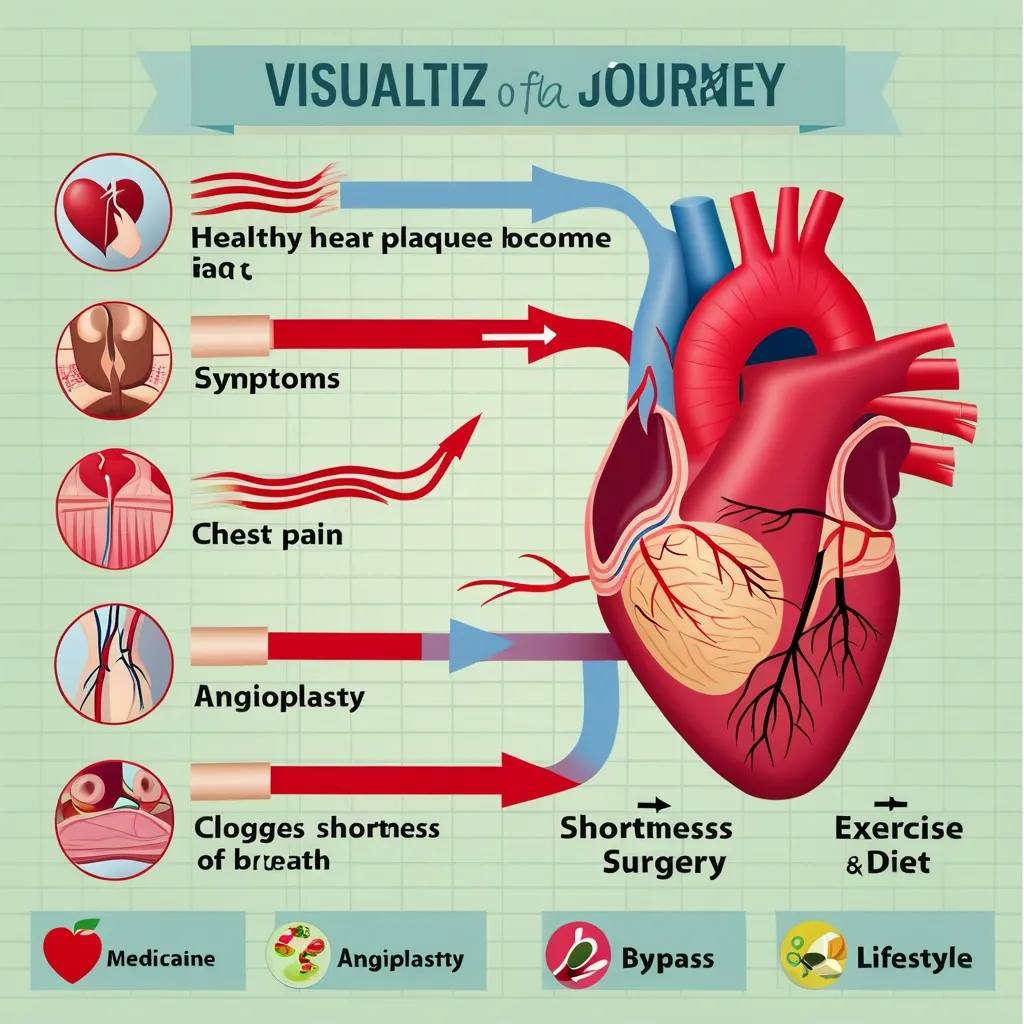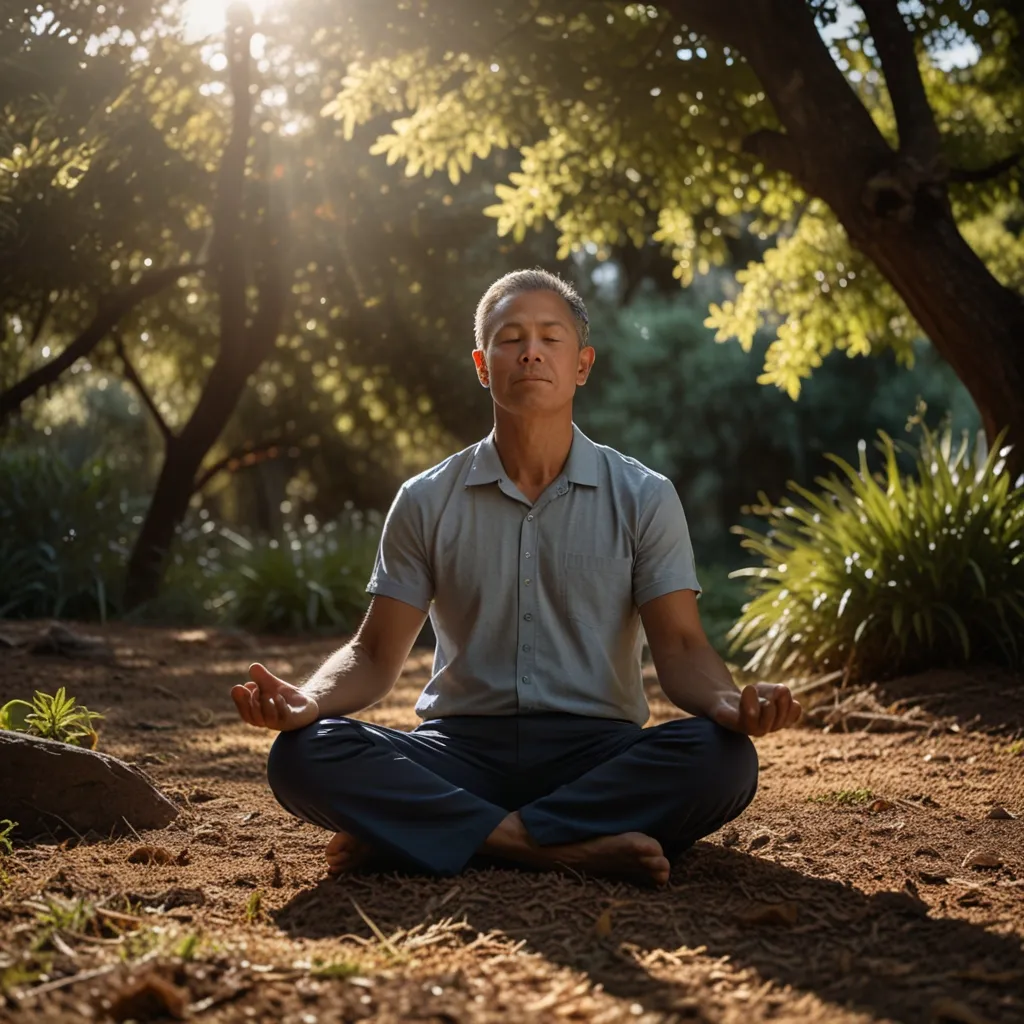In the midst of our chaotic, fast-paced world, it’s easy to feel overwhelmed and lost. However, there is a philosophy that has stood the test of time, offering practical and profound guidance for navigating modern challenges: Stoicism. This ancient Greek philosophy, founded by Zeno of Citium in the 3rd century BCE, has seen a resurgence in popularity, and for good reason. Here are five Stoic principles that can help you cultivate resilience, focus, and inner peace in today’s tumultuous landscape.
The Power of Present-Moment Awareness
One of the most fundamental Stoic principles is the importance of living in the present. In a world where our minds are constantly darting between the past and the future, Stoicism reminds us to anchor ourselves in the here and now. By practicing mindfulness and present-moment awareness, we can significantly reduce anxiety about what’s to come and regret about what’s been. This isn’t about ignoring the future or past entirely, but about recognizing that the only moment we truly have control over is this one.
Imagine starting your day with a simple yet powerful exercise: take a few minutes to breathe deeply and focus on your surroundings. Feel the air moving in and out of your body, notice the sounds around you, and observe your thoughts without judgment. This practice can be a game-changer, helping you stay grounded and focused even in the most chaotic of times.
The Virtues as a Path to Happiness
Stoics believed that true happiness and fulfillment come from cultivating certain virtues: wisdom, justice, courage, and self-control. These aren’t just abstract concepts; they are actionable principles that can guide your daily life. Wisdom, for instance, involves making informed decisions and understanding the world around you. Justice is about treating others fairly and with respect. Courage is not the absence of fear, but the willingness to act in the face of it. And self-control is the ability to regulate your emotions and desires.
Reflecting on these virtues regularly can lead to profound personal growth. Ask yourself each day how you embodied these virtues. Did you make wise decisions? Did you act justly? Did you face your fears with courage? And did you maintain self-control in challenging situations? By striving to live according to these principles, you can build a strong moral character that serves as a foundation for a fulfilling life.
Accepting the Inevitable
The Stoic concept of “amor fati,” or “love of fate,” is a powerful tool for navigating life’s challenges. It involves accepting what cannot be changed and viewing life’s events as opportunities for growth. This mindset is not about resignation or passivity; it’s about recognizing that some things are beyond our control and choosing to respond to them with resilience and adaptability.
Think about it this way: when faced with a situation you cannot change, instead of resisting it, try to see it as a chance to learn and grow. Ask yourself what you can learn from the experience and how you can use it to become a better version of yourself. This approach can transform what might otherwise be seen as obstacles into stepping stones for personal development.
The Practice of Negative Visualization
Negative visualization, a lesser-known but highly effective Stoic practice, involves regularly imagining worst-case scenarios. This might sound counterintuitive, but it can be incredibly beneficial. By visualizing the worst that could happen, you can appreciate what you have in the present moment and prepare yourself mentally for potential setbacks.
For example, imagine losing your job or facing a serious health issue. How would you cope? What resources would you rely on? What strengths would you draw upon? This exercise isn’t about dwelling on negative thoughts but about building mental fortitude and gratitude. It helps you appreciate the good things in your life and prepares you to handle challenges with greater ease.
The Importance of Self-Reflection
Daily self-reflection is another cornerstone of Stoic practice. Stoics advocated for regular self-examination to assess one’s thoughts and actions. This involves taking time each day to reflect on what you’ve done, what you’ve thought, and how you’ve felt. It’s about being honest with yourself and identifying areas where you can improve.
Imagine ending your day with a journal or a quiet moment of reflection. Ask yourself what you did well and what you could have done better. What were your strengths and weaknesses? What did you learn about yourself? This practice promotes self-awareness and continuous improvement, essential skills in today’s rapidly changing world.
Integrating Stoicism into Modern Life
Incorporating these Stoic principles into your daily life can have a profound impact. It’s not about adopting a new set of rules or rituals but about integrating timeless wisdom into your existing routine. For instance, in the workplace, focusing on what you can control—your effort and attitude—rather than worrying about external factors can lead to greater satisfaction and effectiveness.
In personal relationships, understanding and managing your reactions can foster deeper connections and reduce conflict. And in the face of personal setbacks or career challenges, the Stoic mindset invites you to ask, “What can I learn from this?” rather than getting bogged down in frustration or despair.
Stoicism doesn’t promise an easy life, but it does offer a path to a meaningful and fulfilling one, regardless of external circumstances. By focusing on what’s within your control, cultivating virtues, accepting what cannot be changed, practicing negative visualization, and engaging in regular self-reflection, you can develop a more balanced, resilient, and purposeful approach to modern challenges.
In essence, Stoicism is not just a philosophy; it’s a practical guide for living a life that is true to who you are and what you value. It’s about finding peace and contentment in a world that often seems to be spinning out of control. By embracing these principles, you can navigate the complexities of modern life with greater ease, wisdom, and inner peace.






